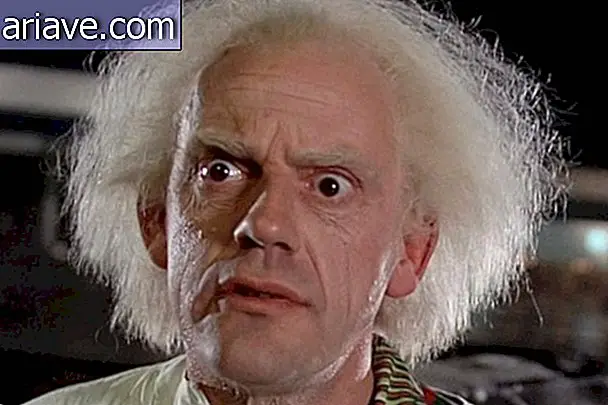In Japan, KitKat packaging can become origami
One of the world's largest producers of plastics and the center of many scandals, including allegations of slave labor, Nestlé is betting on a valuable marketing trick in trying to improve the image of an unethical company with almost no commitment to environmental and social issues.
In Japan, the company has caused a real stir by switching from KitKat chocolate plastic packaging to eco-friendly paper that also provides instructions on how to make an origami rather than simply disposing of it. The company's promise is that by 2025 100% of its packaging will be recyclable or reusable.

Photo: Nestlé Japan
But of course the promise came after much pressure from environmental groups such as Greenpeace. The NGO launched the #PlasticMonster campaign to stop production of disposable plastics. According to NGO activist Kete Melges, "Nestlé has created a monster producing infinite quantities of disposable plastics that remain in the environment for a lifetime."
Greenpeace also points out in the campaign that although 90% of the plastic produced in history has not been recycled, companies want to further increase the production of plastic packaging in the next decade. “Companies like Nestlé are really responsible for the plastic monster that is destroying our planet. But they also have the power to kill this monster, reducing the production of disposable plastics, ”they wrote.
Nestlé estimates that the new initiative with "Recyclable KitKat" will help reduce plastic waste by about 380 tons per year, but not everyone believes that is enough. “Nestlé needs to do more to solve this problem as it is one of the worst causes. They have the power and resources to create zero waste packaging, ”says Kate.

Photo: Nestlé Japan
So while Japan's KitKat is a good first step in motivating other companies to think about environmentally friendly strategies, Nestlé, as the largest company in the industry, needs to think beyond, even more than people's trust in their ethics, Credibility and respect for the environment and society is not exactly the best.

Photo: Nestlé Japan











